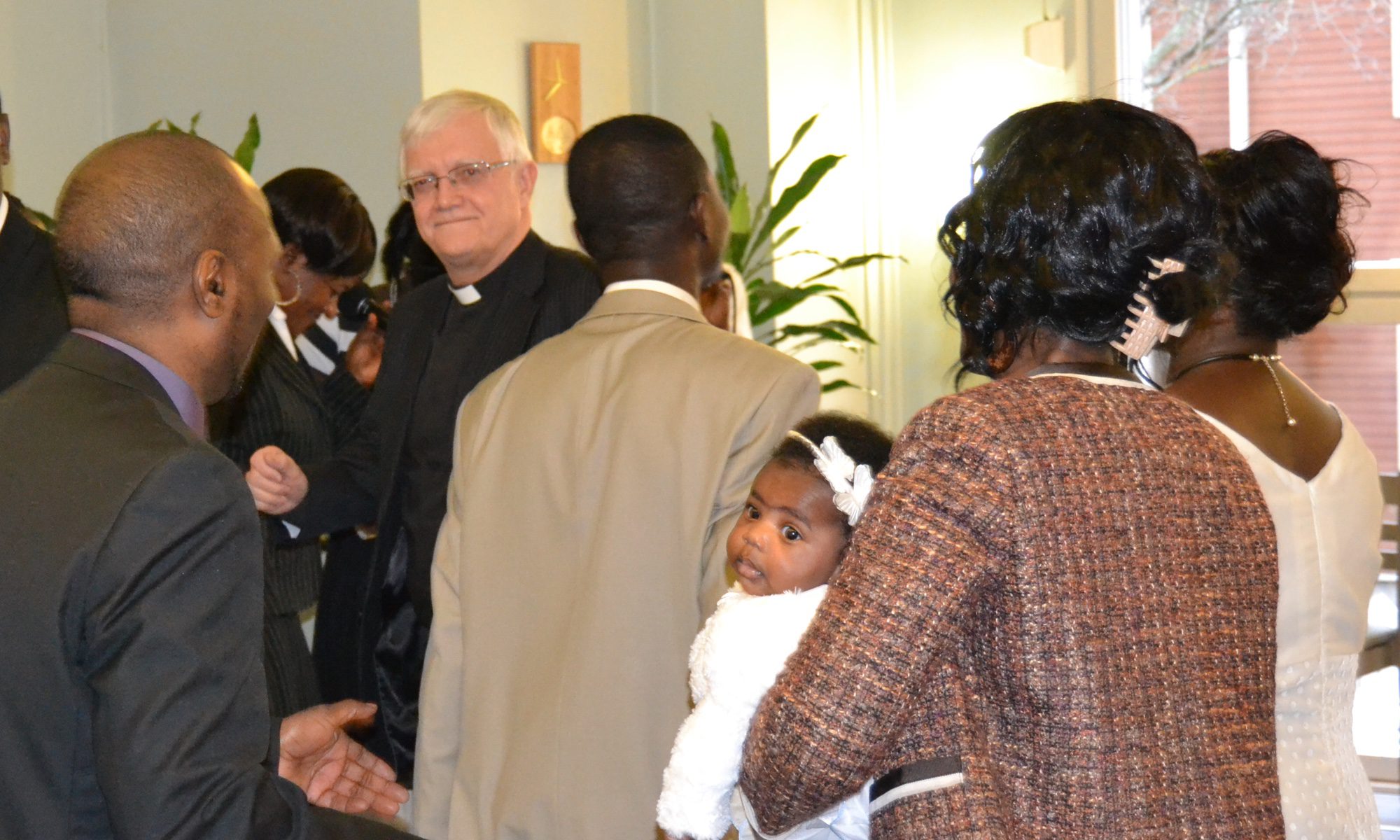Introduction
The final part of our subject “where art thou?” is presented in this week´s edition of our Newsletter. In the previous two editions, sinner´s or backslider’s need to come out of their hideouts and seek forgiveness from the merciful God was detailed. This present one discusses being in a specific place that God wants believers to stay so as to be able to receive His blessings. God is Omniscient. He knows everything including our whereabouts (Psa 139), but He expects us to situate ourselves at where He tells us to be, in order to receive His promised blessings.
Where Art Thou?
As previously explained, “where” seeks to find answers about places. God would like to know if you are still in a place He wants you to be. Are you still in the family of Christ Jesus or out of it? Are you in business or out of the way of duty?.Adam and his wife had abandoned their call to duty and were hiding behind trees because of fear. Could God find you actively in business in places He expects you to be? Have you abandoned your family and left them in despair? Have you shirked your responsibility as a member of a society? Have you removed yourself from a place of safety into a place of obscurity? One needs to assess where s/he is, in the light of these questions, to determine his/her current position in Christ Jesus.
Where to Receive God´s Blessings
There are some deeds that displace believers from where they could receive the blessings of God. There are also some places God would not like believers to dwell. Some of such places or deeds include standing in the ways of sinners and sitting on the seat of the scornful (Psa 1:1-6). God says that His presence is at places where He records His name and that those places are where He blesses His people (Ex 20:24). Christians should not expect to receive God´s blessings when they dwell in accursed places. The most common places God blesses people are in the congregation of believers (Ex 40:30-35, 2Ch 5:1-14). The congregation of God´s people does not necessarily refer to physical temples because God is not confined in buildings. This is asserted by Holy Scriptures as recorded below:
“But Solomon built him an house. Howbeit the most High dwelleth not in temples made with hands; as saith the prophet, Heaven is my throne, and earth is my footstool: what house will ye build me?
saith the Lord: or what is the place of my rest? Hath not my hand made all these things?” (Acts 7:47-50)
God has met many individuals in the temples, but His presence is wherever people are gathered in His name (Matt 18:20). In our relationship with God, He tells of specific places where He chooses
to meet with us. God tells Moses to meet with Him at a designated place in the book of Exodus. It is read that the Lord God informed Moses about where to stand so that as His glory passes by, He
would push him (Moses) into a cliff and cover him with His hand so that he doesn´t see His back (Ex 33:21-23).
In another instance, Elijah was told to go and stand upon a mountain before the Lord. When he obeyed the Lord´s orders and did as commanded, the Lord revealed Himself unto him in a
mysterious way (1Kgs 19:11-13).
Secret Place of the most High God
“He that dwelleth in the secret place of the most High shall abide under the shadow of the almighty” (Psa 91:1KJV). The secret place is that location where the presence of God abides. As have been detailed above, the Lord mostly meets the church in temples or where they congregate, but when it comes to individual believers, the situation may be different. Believers need to be sensitive to the promptings of the Spirit of God to ascertain where His presence dwells.
People ought to discern the fellowship or church where they desire to worship. The place to sow seed offerings and many others such as the countries and cities to live in must be carefully discerned. If you need to run for cover, run into His presence and receive protection. Joseph and Mary were warned by God to take baby Jesus to Egypt and hide him there (Mat 2:13). God knows the best place to shield or protect His people.
Conclusion
Believers must always desire to be found within the reach of God so that His manifold blessings could be imparted unto us. The Omniscient and the Omnipresent God is ready to bless us but we
must locate ourselves in the places directed by Him.
Prayer: May the Lord always draw us closer into His presence, and may He always be our guide to direct us to the appropriate place to dwell. In the name of Jesus Christ. Amen!

